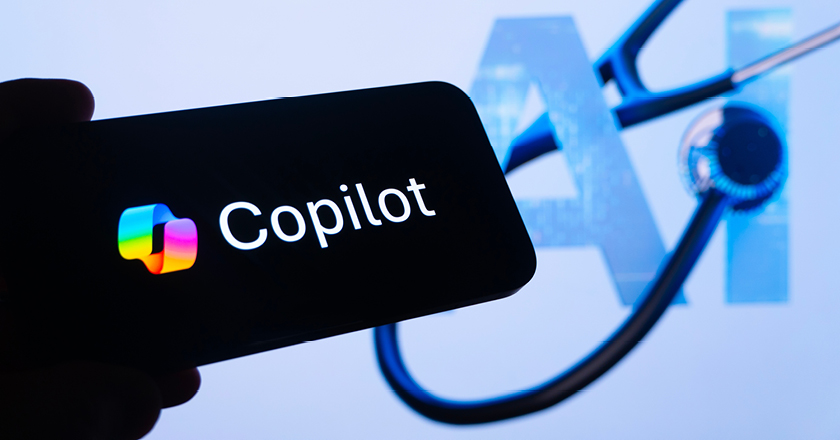The recent collaboration between Microsoft and Anthropic, integrating Anthropic’s Claude Sonnet 4 and Claude Opus 4.1 models into Microsoft 365 Copilot, signifies a pivotal movement in AI-powered business solutions. This development is particularly relevant for small and medium-sized business (SMB) leaders and automation specialists who are navigating an increasingly complex landscape of AI tools. The ability to choose between OpenAI and Anthropic models provides critical flexibility in leveraging AI for a variety of tasks within Microsoft’s ecosystem.
One of the key strengths of this update lies in the enhanced adaptability it offers to businesses. The dual integration allows users to alternate between models, which can lead to better outcomes based on specific use cases. For example, OpenAI’s models have gained traction due to their robust, general-purpose capabilities suited for a wide array of applications. Conversely, Anthropic’s Claude models are engineered with a focus on alignment and safety, which may resonate more with organizations that prioritize these traits in their AI interactions. By making both options accessible, especially in applications such as Researcher and Copilot Studio, Microsoft provides SMB leaders with the flexibility to choose models best suited to their operational needs.
However, while versatility is a strength, it introduces complexities in determining which model to employ. Each platform has its nuances and can perform variably depending on the specific task at hand. OpenAI may excel in generating content or understanding context-rich queries, yet Anthropic’s Claude models may be superior in generating compliant and ethically aligned responses. Therefore, companies must consider not just the capabilities of each model but also their inherent values and alignment with corporate ethics.
In terms of scalability, Microsoft 365 Copilot continues to expand its user base through its rollout of the Claude models in the Frontier Program, which requires businesses to opt in via the admin center. This approach offers a gradual introduction to new users while allowing early adopters to experience the benefits firsthand. However, the dependency on outside environments to host these models raises questions about latency and performance. It is crucial for companies to evaluate how this arrangement aligns with their existing infrastructure and whether any potential downtime or performance issues could disrupt their workflows.
Cost is another salient factor when evaluating the deployment of these AI models. While Microsoft itself has not disclosed specific pricing structures linked to the integration of Anthropic’s Claude models, the overall cost of utilizing Microsoft 365 Copilot—as well as any additional subscriptions or fees the Claude models may incur—should be meticulously analyzed. SMB leaders would be wise to conduct a thorough cost-benefit analysis, assessing not only the immediate financial impact but also considering the long-term return on investment. The potential of increased productivity and reduced operational friction could outweigh any upfront expenditure.
Furthermore, the ROI of implementing AI solutions is contingent on the choices organizations make when activating these tools. While many SMBs operate with tight budgets, the insights gained from AI models can significantly enhance decision-making and operational efficiency. Companies that prioritize AI integration may experience a faster decision-making cycle, improved customer engagement, and even enhanced product development. However, it is crucial that leaders set realistic expectations and establish clear KPIs to measure success, as not all AI initiatives deliver the same value across different sectors.
Despite the advantages, the risk of over-reliance on AI systems must not be overlooked. Organizations should cultivate a balanced approach that incorporates human oversight with AI capabilities. Training staff to effectively leverage these tools, fostering an environment of continuous learning, and incorporating human insight into automated processes can help mitigate the risks associated with unchecked AI deployment. This leads to a more resilient business model where AI acts as an enabler rather than a crutch.
Ultimately, the choice between OpenAI and Anthropic—or any competing platforms—should be founded on well-defined organizational needs and a clear understanding of the tools’ comparative benefits and limitations. A detailed analysis that considers not only technical capabilities but also ethical implications, scalability, and cost structures is essential for informed decision-making.
FlowMind AI Insight: As businesses navigate the evolving landscape of AI platforms, a tailored approach guided by data-driven insights and strategic evaluation will prove invaluable. Embracing the dual offerings of Microsoft 365 Copilot can empower SMBs to optimize their operations while remaining aligned with their ethical and operational frameworks.
Original article: Read here
2025-09-29 08:31:00

